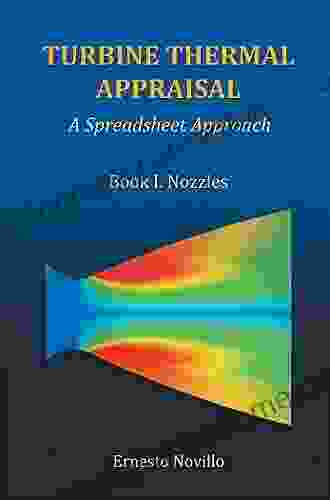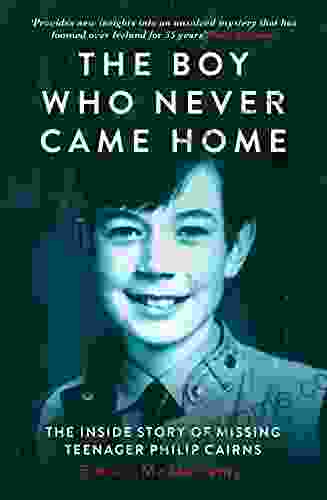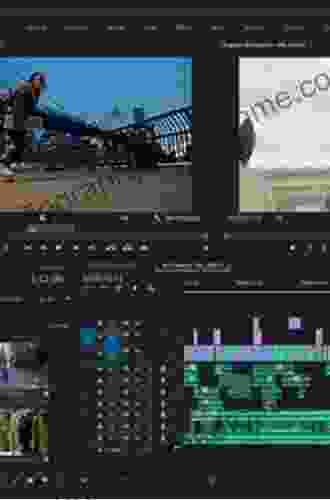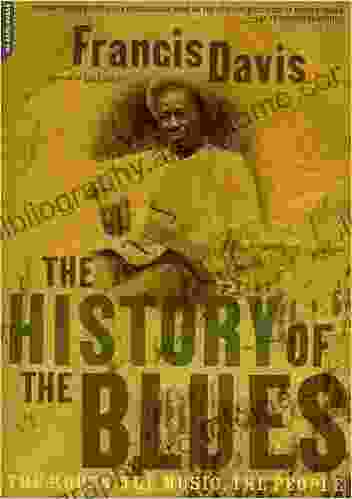The Ultimate Guide to Scientific Writing for Students and Researchers

Scientific writing is a critical skill for students and researchers in all fields. It is the way that we communicate our findings to the world, and it is essential that we do so clearly and effectively.
4.6 out of 5
| Language | : | English |
| File size | : | 3252 KB |
| Text-to-Speech | : | Enabled |
| Screen Reader | : | Supported |
| Word Wise | : | Enabled |
| Print length | : | 312 pages |
| Lending | : | Enabled |
This guide will provide you with everything you need to know about scientific writing, from the basics to advanced techniques. We will cover topics such as:
- The structure of a scientific paper
- How to write clear and concise prose
- How to use citations and references
- How to avoid plagiarism
- How to get your paper published
Whether you are a student just starting out or a seasoned researcher, this guide will help you to improve your scientific writing skills.
Chapter 1: The Structure of a Scientific Paper
The structure of a scientific paper is typically as follows:
- Title
- Abstract
- Methods
- Results
- Discussion
- References
The title should be clear and concise, and it should accurately reflect the content of the paper.
The abstract is a brief summary of the paper, and it should include the main findings.
The provides background information on the topic of the paper, and it states the research question.
The methods section describes how the research was conducted.
The results section presents the findings of the research.
The discussion section interprets the findings and discusses their implications.
The summarizes the main findings of the paper.
The references section lists the sources that were used in the paper.
Chapter 2: How to Write Clear and Concise Prose
Clear and concise prose is essential for scientific writing. Here are some tips for writing clearly and concisely:
- Use active voice instead of passive voice.
- Use specific nouns and verbs.
- Avoid jargon and technical terms.
- Keep sentences short and simple.
- Use headings and subheadings to organize your text.
Chapter 3: How to Use Citations and References
Citations and references are essential for scientific writing. They allow readers to verify your findings and to learn more about the topic of your paper.
There are many different citation styles, so it is important to choose one and use it consistently throughout your paper.
When citing a source, be sure to include the following information:
- The author's name
- The title of the work
- The date of publication
- The publisher
Chapter 4: How to Avoid Plagiarism
Plagiarism is the act of copying someone else's work without giving them credit. It is a serious academic offense, and it can have severe consequences.
There are many ways to avoid plagiarism, but the most important thing is to be honest and to give credit where credit is due.
Here are some tips for avoiding plagiarism:
- Cite all of your sources.
- Put quotation marks around any direct quotes.
- Paraphrase and summarize other people's work in your own words.
- Make sure that your work is original.
Chapter 5: How to Get Your Paper Published
Getting your paper published is a major milestone in any researcher's career.
There are many different ways to get your paper published, but the most common way is to submit it to a peer-reviewed journal.
Peer-reviewed journals are journals that are edited by experts in the field. These experts review all of the papers that are submitted to the journal, and they only publish the papers that meet their high standards.
If you want to get your paper published in a peer-reviewed journal, you need to make sure that it is well-written and that it makes a significant contribution to the field.
Scientific writing is a critical skill for students and researchers in all fields. This guide has provided you with everything you need to know about scientific writing, from the basics to advanced techniques.
Whether you are a student just starting out or a seasoned researcher, this guide will help you to improve your scientific writing skills.
### Image Alt Attributes
- **The Ultimate Guide to Scientific Writing for Students and Researchers** - **Scientific writing is a critical skill for students and researchers in all fields.** - **This guide will provide you with everything you need to know about scientific writing, from the basics to advanced techniques.** - **Here are some tips for writing clearly and concisely:** - **Citations and references are essential for scientific writing.** - **Plagiarism is the act of copying someone else's work without giving them credit.** - **Getting your paper published is a major milestone in any researcher's career.**
4.6 out of 5
| Language | : | English |
| File size | : | 3252 KB |
| Text-to-Speech | : | Enabled |
| Screen Reader | : | Supported |
| Word Wise | : | Enabled |
| Print length | : | 312 pages |
| Lending | : | Enabled |
Do you want to contribute by writing guest posts on this blog?
Please contact us and send us a resume of previous articles that you have written.
 Book
Book Novel
Novel Page
Page Chapter
Chapter Text
Text Story
Story Genre
Genre Reader
Reader Library
Library Paperback
Paperback E-book
E-book Magazine
Magazine Newspaper
Newspaper Paragraph
Paragraph Sentence
Sentence Bookmark
Bookmark Shelf
Shelf Glossary
Glossary Bibliography
Bibliography Foreword
Foreword Preface
Preface Synopsis
Synopsis Annotation
Annotation Footnote
Footnote Manuscript
Manuscript Scroll
Scroll Codex
Codex Tome
Tome Bestseller
Bestseller Classics
Classics Library card
Library card Narrative
Narrative Biography
Biography Autobiography
Autobiography Memoir
Memoir Reference
Reference Encyclopedia
Encyclopedia Steve Wilkins
Steve Wilkins Eric Jacobson
Eric Jacobson Ming Ho Yu
Ming Ho Yu Shauna Holyoak
Shauna Holyoak Unknown Hebrew
Unknown Hebrew Episcopal Church
Episcopal Church Marsha D Walton
Marsha D Walton Federico Kereki
Federico Kereki R H Jarrett
R H Jarrett Ellen Welch
Ellen Welch Kamiel S Gabriel
Kamiel S Gabriel Greg Critser
Greg Critser Fern Schumer Chapman
Fern Schumer Chapman Saygin Salgirli
Saygin Salgirli Forrest Griffin
Forrest Griffin Francesco Da Vinci
Francesco Da Vinci Foxes Publishing
Foxes Publishing Eva Jorgensen
Eva Jorgensen Erin Christine
Erin Christine Emerson Kane
Emerson Kane
Light bulbAdvertise smarter! Our strategic ad space ensures maximum exposure. Reserve your spot today!

 Heath PowellUnlock the Secrets: The Scientifically Proven Way To Restore Your Gut Health...
Heath PowellUnlock the Secrets: The Scientifically Proven Way To Restore Your Gut Health... Harold BlairFollow ·13.8k
Harold BlairFollow ·13.8k Evan SimmonsFollow ·18.2k
Evan SimmonsFollow ·18.2k Nick TurnerFollow ·12.6k
Nick TurnerFollow ·12.6k Owen SimmonsFollow ·14.6k
Owen SimmonsFollow ·14.6k Joseph ConradFollow ·15.6k
Joseph ConradFollow ·15.6k Charles BukowskiFollow ·15.3k
Charles BukowskiFollow ·15.3k Colin FosterFollow ·10k
Colin FosterFollow ·10k Jerry WardFollow ·18.1k
Jerry WardFollow ·18.1k
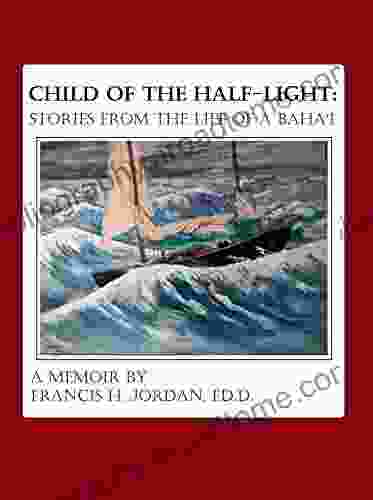
 Troy Simmons
Troy SimmonsStories From The Life Of Baha: A Must-Read For Spiritual...
Discover the Inspiring Teachings and Enriching...

 Wesley Reed
Wesley ReedDuke Review of MRI Principles: Case Review - Your Gateway...
Unveiling the Essence...
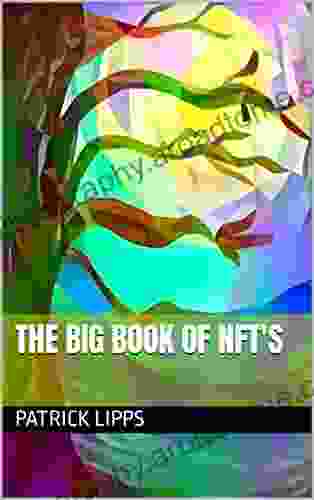
 Ralph Waldo Emerson
Ralph Waldo EmersonThe Big Book of NFTs: Your Ultimate Guide to the Digital...
In the rapidly evolving world of digital...
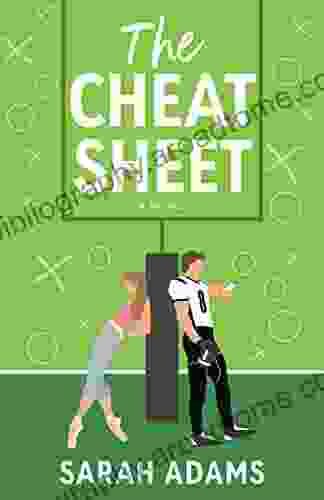
 Jason Hayes
Jason HayesUnveiling the Labyrinth: The Cheat Sheet Novel and its...
In the realm...
4.6 out of 5
| Language | : | English |
| File size | : | 3252 KB |
| Text-to-Speech | : | Enabled |
| Screen Reader | : | Supported |
| Word Wise | : | Enabled |
| Print length | : | 312 pages |
| Lending | : | Enabled |







